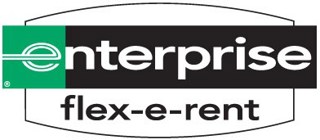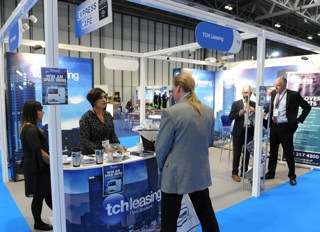How can HR managers cut operating costs while ensuring safety compliance is maintained?
The biggest fleet show in the UK, Fleet Management Live, takes place on 19 and 20 October at the Birmingham NEC. It’s free to attend and will be packed with more than 100 exhibitors. Plus there are eight best practice sessions covering many aspects of the fleet industry. Visitors will be able to meet key suppliers and question the experts on everything from the future of company cars to practical advice for meeting your fleet’s needs.
HR professionals are welcome, and special seminars will be held in the Fleet Insight Theatre to cater for all levels of experience across all sizes of business.
Every day HR executives find themselves dealing with fleet operations and are increasingly being left with responsibility to deliver corporate financial savings and ensure driver and vehicle duty of care is maintained.
This session will be chaired by Calum Di Lieto, editor of HR Grapevine, and will give insight for HR professionals about how they can maximise fleet productivity.
Andrew Stephenson, former group and property director of DFS, led an HR-controlled fleet overhaul at the long-established high street retailer. He will explain how the result was a better car for all employees, a drastic 13% reduction in CO2 emissions, tax savings for employee and employer alike, and savings of more than £1m to DFS.
By taking a ‘cheaper, greener, better’ approach, Stephenson will tackle the potentially thorny ‘HR v fleet manager’ issue, explain the multi-manufacturer approach taken by the company and explain why employee engagement is vital.
Brian Cooper, senior manager – people advisory services Ernst & Young, will use his knowledge and experience to provide delegates with an insight into why it is essential to have a sound understanding of health and safety issues when formulating a company car policy.
That extends to the types of cars employees are allowed to drive and ensuring they are fit for purpose, policies around insurance and insurance excesses and driver training.
What’s more it is vital that policies extend to cover issues including: vehicle maintenance; the regular checking of fluid levels such as oil and water and tyre pressure and tread depth; mobile phone usage when on the road; drugs and alcohol and smoking in vehicles; and regular breaks from driving.
Cooper will also focus on why it is important to extend the application of such policies from company car and van drivers to include employees who have opted for a cash allowance in lieu of an employer-provided vehicle and those members of staff who drive their own cars on occasional business use.
Additionally he will explore issues such as whether to allow employees a free vehicle choice or operate a sole supply manufacturer arrangement; why company car choice lists should be based on wholelife costs and not list price or another alternative; optimum replacement cycles to ensure value for money is delivered; and how wholelife cost data and the amount an employer reimburses for business mileage impacts on a cash allowance policy.
Finally, Cooper will highlight the recent government consultation on the future of salary sacrifice schemes, including those relating to cars.
The HR sessions will take place at the Fleet Insight Theatre on Wednesday 19 October (10am -11.30am) and Thursday 20 October (12pm-1.30pm).
















Login to comment
Comments
No comments have been made yet.